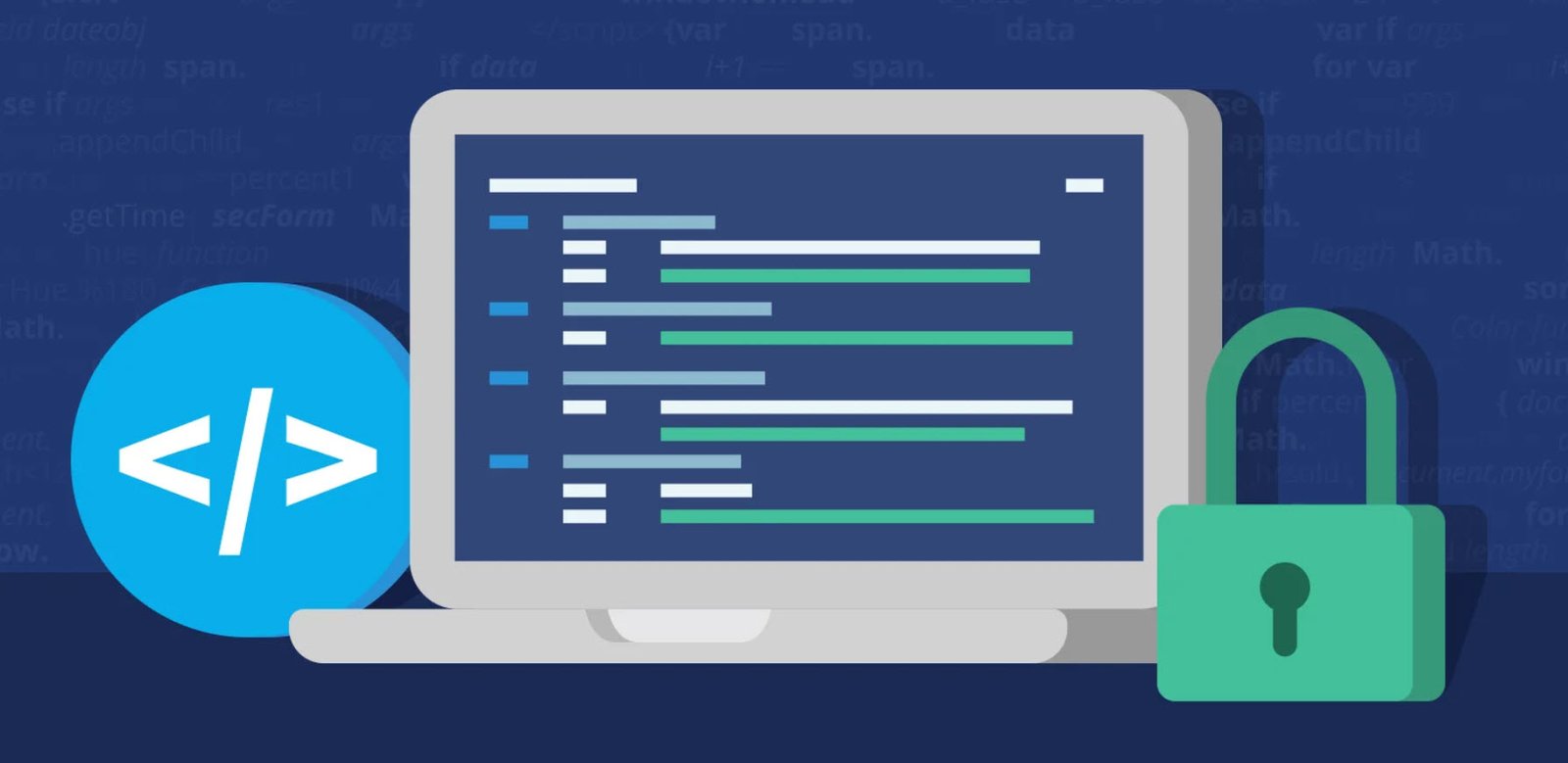
In today’s digital landscape, security is of utmost importance. Developers play a crucial role in ensuring the security and integrity of software applications. Adopting good security practices is essential to protect sensitive data, prevent unauthorized access, and safeguard against potential vulnerabilities.
In this article, we will discuss five good habits of a security-conscious developer.
1. Recognize that Nothing is 100% Secure:
A security-conscious developer understands that no system is impervious to attacks. It is crucial to have a mindset that anticipates potential security risks. By acknowledging the ever-evolving nature of threats, developers can proactively implement security measures and continuously assess and improve the security posture of their applications.
2. Never Trust User Input:
One of the golden rules of secure development is to never trust user input. Inputs from users, such as form submissions, file uploads, or API requests, should always be treated as potentially malicious. Validating and sanitizing user input is essential to prevent common attacks like SQL injection, cross-site scripting (XSS), and command injection.
By implementing input validation and using parameterized queries or prepared statements, developers can effectively mitigate many security risks.
3. Defense in Depth is the Only Defense:
A security-conscious developer understands the importance of a layered security approach. The principle of defense in depth involves implementing multiple security measures at various layers of an application’s architecture. This includes using firewalls, secure coding practices, access controls, encryption, intrusion detection systems, and regular security audits.
By applying multiple layers of defense, developers can reduce the likelihood and impact of security breaches.
4. Simpler is Easier to Secure:
Complexity is the enemy of security. A security-conscious developer strives to keep their codebase and application architecture as simple as possible. Unnecessary complexity increases the likelihood of introducing vulnerabilities.
By adopting clean and modular coding practices, reducing dependencies, and following coding standards, developers can minimize potential security flaws and make their applications easier to understand, maintain, and secure.
5. Peer Review is Critical to Security:
Code reviews are an integral part of secure development. A security-conscious developer values the importance of peer review. Reviewing code with a fresh set of eyes helps identify security flaws, logic errors, and potential vulnerabilities that may have been overlooked.
Collaborative code reviews not only improve the quality of the code but also serve as a valuable learning experience for developers, enabling them to enhance their security skills and stay updated with the latest security best practices.
In conclusion, being a security-conscious developer involves adopting a proactive approach to secure development practices. By recognizing the ever-present risks, treating user input with caution, implementing a layered defense, simplifying code, and embracing code reviews, developers can significantly enhance the security of their applications.
These good habits should be integrated into the development process from the initial design phase to ongoing maintenance, ensuring the creation of robust and resilient software in an increasingly insecure digital landscape.
You may also like:- Gmail and Facebook Users Advised to Secure Their Accounts Immediately
- Pentagon’s Proactive Approach to Cybersecurity – Over 50,000 Vulnerability Reports Since 2016
- Windows Hardening – Key Points To Remember
- Top 10 Fundamental Questions for Network Security
- How to Remove x-powered-by in Apache/PHP for Enhanced Security
- 12 Point Checklist – PHP Security Best Practices
- Secure Programming Checklist – 2023 Compilation Guide
- The Ultimate Network Security Checklist – 2023 Complete Guide
- A Comprehensive Guide to Crafting Strong Passwords
- Top 28 Essential Tips To Safeguard Your Computer








